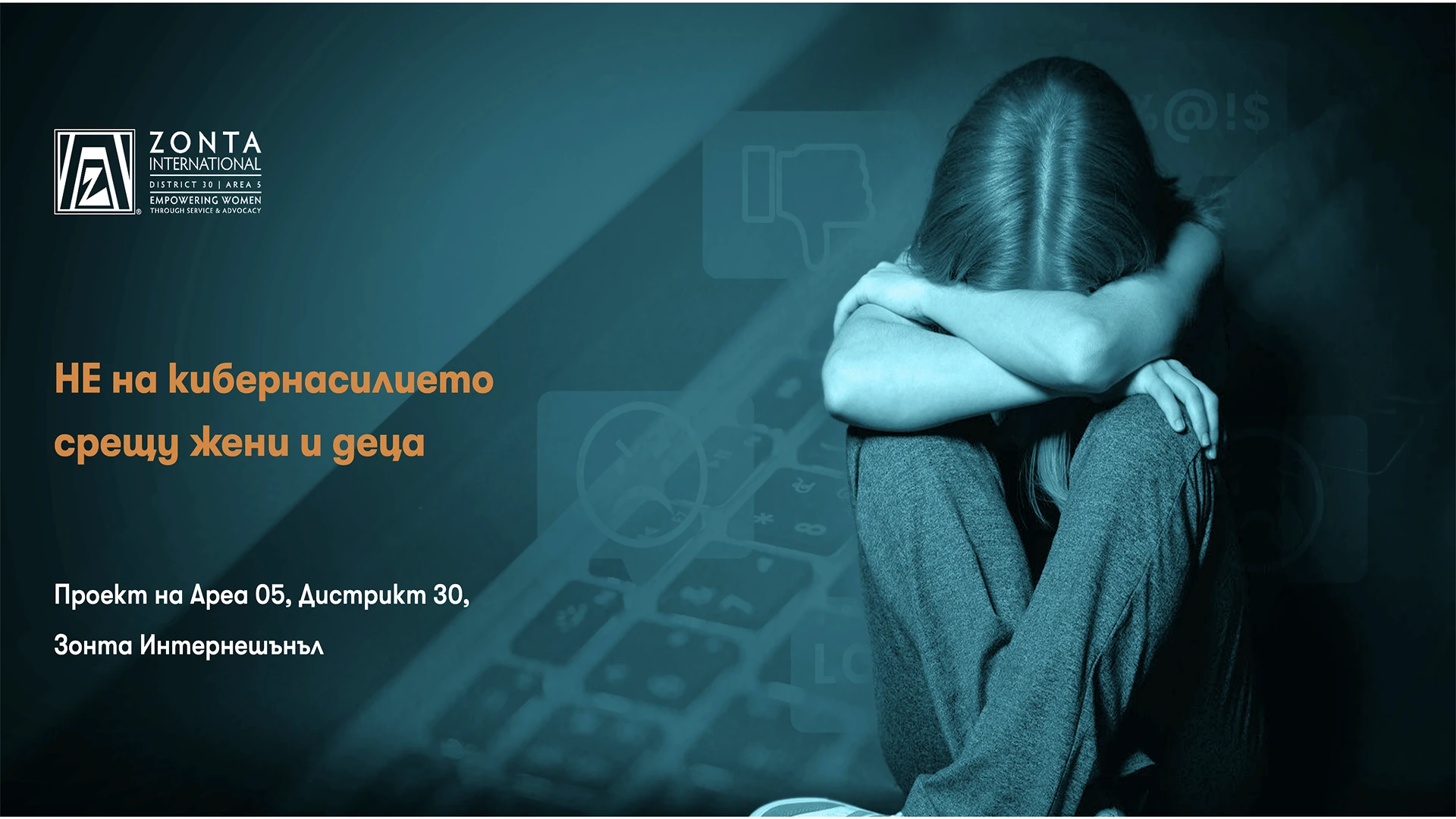Flexible Bit and Zonta Bulgaria will partner on the project “No to cyber violence against women and children”. The project focuses on the social groups most affected by cyber violence – women and children.
The global world in which we live provides many opportunities, but also many threats, with the most affected being the most vulnerable social groups of people – children, youth and adults – associated with psychological and sexual violence.
Protecting these vulnerable populations can be done by preventing and countering the phenomenon of cyberviolence, which is why Area 05, District 30, Zonta International and clubs across the country have started working on the “NO to Cyberviolence against Women and Children” project. A number of international NGOs, such as UNICEF and Soroptimist, the Safenet Centre for Safe Internet, the Bulgarian Teachers’ Syndicate, municipalities, as well as the Ministry of Education with the relevant regional education departments, student councils and universities, are also behind the cause.
About Flexible Bit
The focus of Flexible Bit’s portfolio of services and products is cyber and information security, as well as building a comprehensive information security culture, for which purpose we offer numerous trainings related to raising awareness of the risks posed by the World Wide Web and the states in which we are more susceptible to falling victim to cyber attacks through social engineering. Raising awareness of basic behaviors to observe is Flexible Bit’s mission, and that’s why our “Cybersecurity Basics for End Users” training is completely free, even for organizations and their teams.
About Zonta International
She works for a world where women’s rights are recognised as human rights and every woman can reach her full potential. In such a world, women have access to all resources and are represented in high positions of power on an equal footing with men. In such a world every woman lives without fear of violence. Zonta has focused on human rights and gender equality since its founding in 1919.
